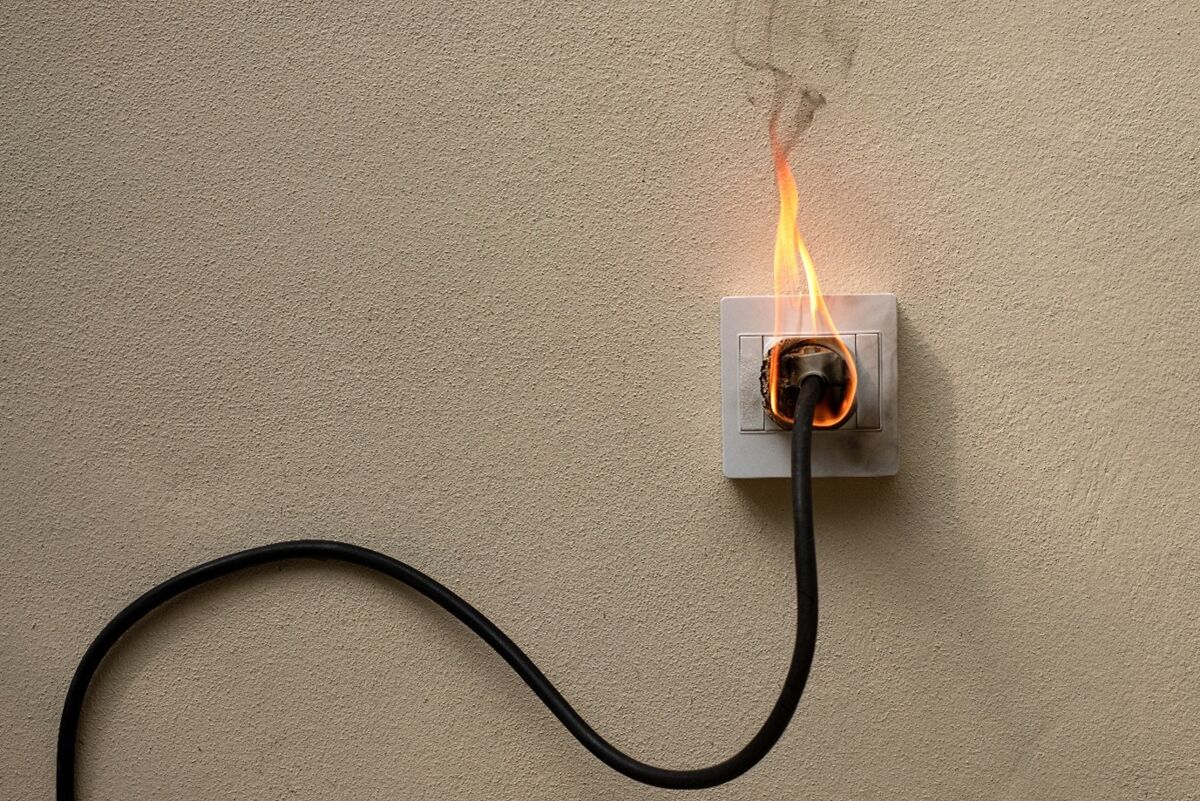Who's selling fake goods?
Tell us what you know, 100% anonymously.
At first glance, buying fake goods may seem harmless, but the reality is quite different.
You might believe you're saving money and scoring a bargain, but over 80% of counterfeit products recently tested by the Government failed safety inspections.*
Fake products are often made of poor materials and bad craftmanship, with little to no quality control, meaning they're flimsy and often break after a few uses, so you’ll need to replace them more often.
They're bad for your finances, harmful to the environment, and can pose serious health risks.
* Chartered Trading Standards Institute ‘Government testing confirms UK has become a dumping ground for unsafe products’.

Harms and risks associated with fake goods
- Fake cosmetics: These can contain harmful chemicals that may cause skin irritation, allergic reactions, or long-term health issues.
- Fake toys: Often made with low-quality materials, they can contain toxic chemicals, loose parts, or sharp edges. Giving counterfeit toys to children can lead to choking, burns, hearing damage, or even strangulation.
- Fake electronics: These products are unlikely to comply with manufacturing standards, making them prone to overheating, catching fire, causing burns, giving electric shocks, or even exploding.
If you know someone sourcing and selling fake goods, tell us what you know, and remain 100% anonymous - guaranteed. No one will ever know that you got in touch with us. Call 0800 555 111 or fill in our online form, here on our website:
Steer clear of the shine of fake toys and electronics
What pushes people to buy fake toys and electronics?
- The genuine product is too expensive
- Fake toys or electronics look similar to genuine products
- Keeping up with trends
- Not wanting to disappoint loved ones
- Convenience: getting a fake is often quicker

Identifying fake products
Criminals are becoming increasingly skilled at finding new ways to deceive consumers. To protect yourself and your loved ones when shopping for cosmetic and beauty products, children's toys and consumer electronics, be aware of these signs:
- Price – too good to be true: If the price seems unbelievably low, it's likely a fake product that could be harmful and of very poor value.
- Suspicious websites and unusual sales locations: Untrusted websites and lesser-known outlets are common places for criminals to sell counterfeit goods. If someone is selling products from the back of a van, in a pub or club, it's probably not genuine.
- Spelling and grammatical errors: Criminals often overlook small details, leading to spelling mistakes on their websites and product packaging.
- Differences in product or packaging: If the product you receive looks of poor quality and doesn't match the original, it's likely a fake.
- Missing information: If the product lacks information such as the batch number or the period-after-opening (PAO) symbol for cosmetics, safety certifications for toys, or warranty details for electronics, it's probably counterfeit.
Do you know who's sourcing and selling fake goods? You can inform our charity anonymously and help combat this issue. Call free on 0800 555 111, 24 hours a day, 365 days a year, or fill in our quick & easy secure online form, here on our website:
- To learn more about staying safe when buying and using products visit the Office for Product Safety and Standards website.
- For resources on consumer products and safety, product recalls and value for money, visit their guidance page on Consumer products: your safety and protection.
